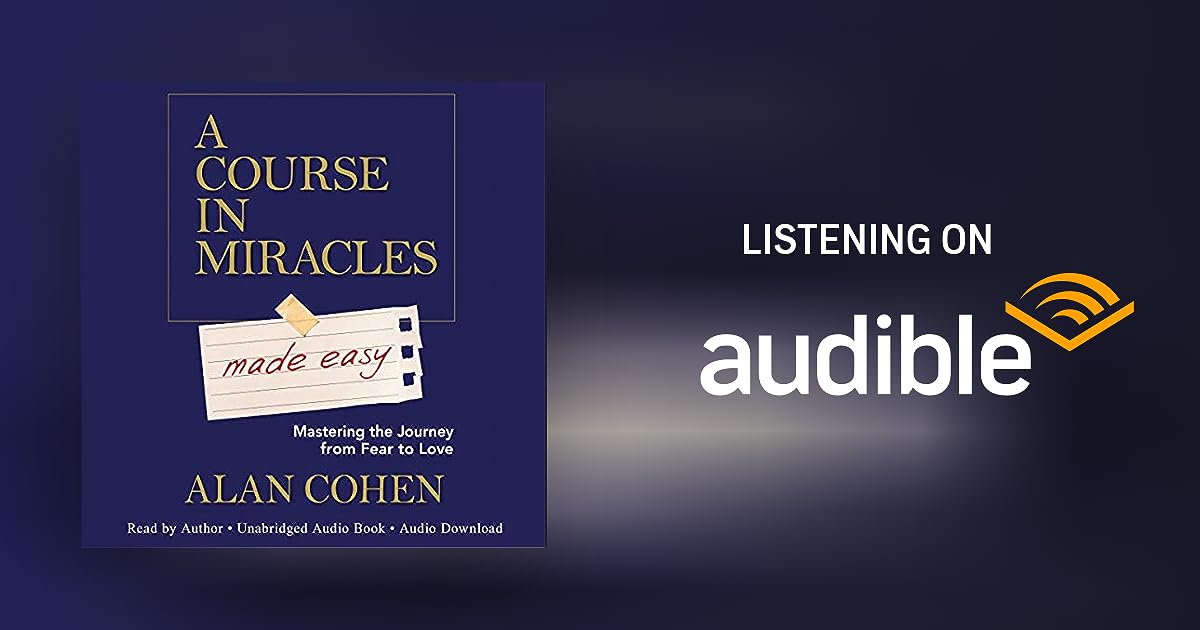
The significance of education cannot be overstated, as it serves as the cornerstone upon which societies build their intellectual, social, and economic foundations. a course in miracles equips individuals with the tools they need to comprehend the world around them, fostering critical thinking, creativity, and problem-solving skills that are essential in navigating the complexities of the modern world.
From the early stages of childhood to the pursuit of higher learning, education molds minds and shapes characters. It empowers students to uncover their passions, hone their talents, and realize their potential. Beyond the acquisition of knowledge, education instills values such as empathy, tolerance, and respect, fostering a generation of responsible global citizens who contribute positively to their communities.
The role of educators in this process is pivotal. They are not merely disseminators of information but also mentors who inspire curiosity and guide students on their journey of discovery. With the advent of technology, education has transcended traditional boundaries, offering a plethora of online resources and e-learning platforms that make knowledge accessible to a global audience.
However, the importance of well-equipped educational institutions cannot be underestimated. Adequate funding, modern facilities, and qualified educators are crucial for providing a holistic learning experience. Governments, communities, and individuals must collaborate to ensure that education remains a right, not a privilege, regardless of socio-economic backgrounds.
Moreover, the rapid pace of change in the 21st century necessitates the development of skills that are adaptable to new challenges. Education must evolve to incorporate digital literacy, critical digital thinking, and an understanding of emerging technologies. This equips students with the tools they need to thrive in a world where innovation is the norm.